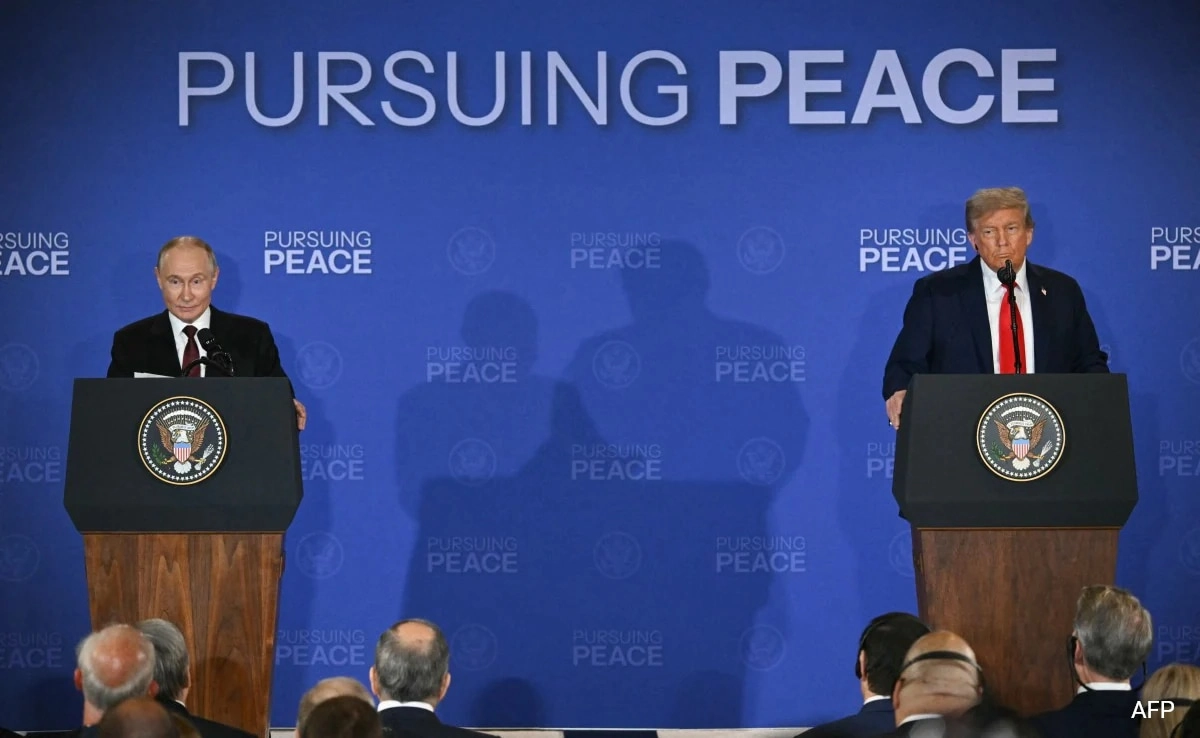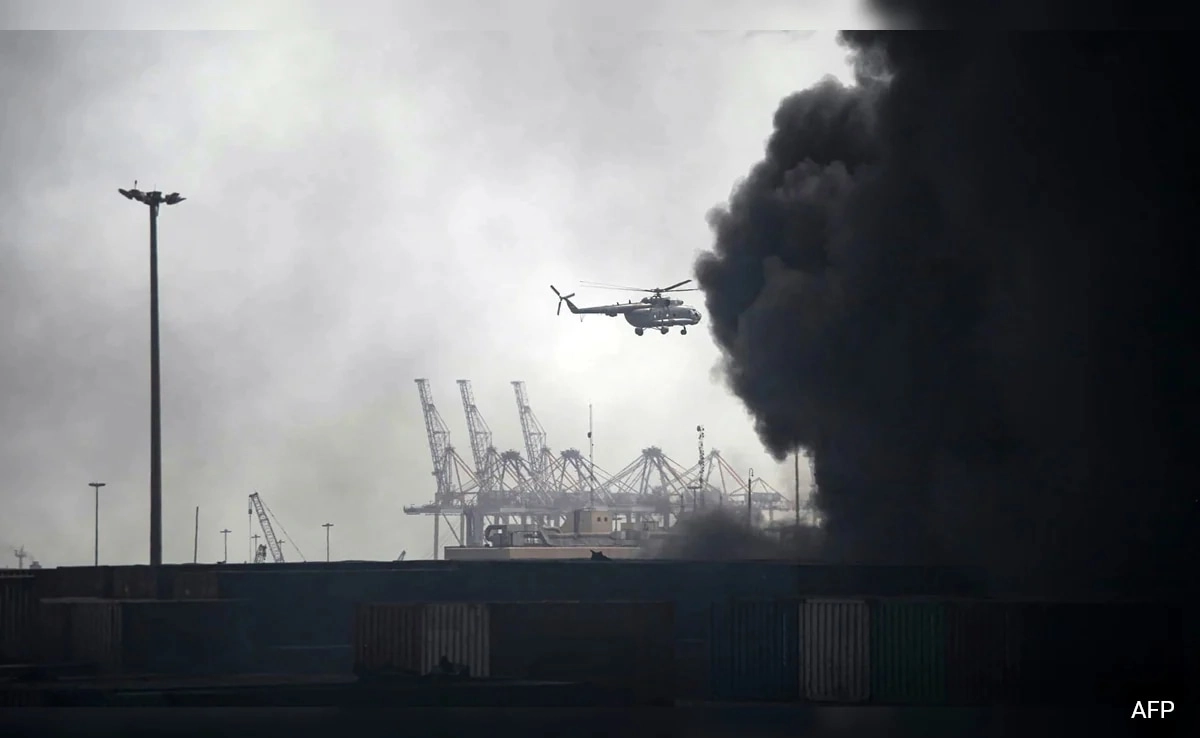In the lead-up to a highly anticipated summit with Russian President Vladimir Putin, former President Donald Trump has made a bold declaration, asserting that he will not succumb to intimidation tactics. This statement comes amid a backdrop of rising tensions between the United States and Russia, where issues ranging from cybersecurity threats to geopolitical conflicts continue to shape the relationship between the two nations. Trump’s unwavering stance reflects his approach to international diplomacy, emphasizing strength and resilience in the face of potential pressure.
During a recent rally, Trump expressed his determination to engage with world leaders, asserting that he will confront challenges head-on without yielding to fear or coercion. His remarks resonate with his supporters, who appreciate his combative style and commitment to American interests. By positioning himself as a leader unafraid to face adversaries, Trump seeks to rally his base and reinforce his image as a strongman in global politics. His readiness to meet with Putin is framed not just as a diplomatic necessity but as an opportunity to showcase his resolve on the world stage.
As the summit approaches, analysts and political commentators are closely watching how Trump will navigate the complexities of U.S.-Russia relations. With a history of contentious interactions with Putin, including accusations of election interference and military aggression, the stakes are high. Trump’s insistence on not being intimidated may also serve as a strategic move, aiming to project confidence and assertiveness while engaging in discussions that could impact national security and international alliances. Ultimately, the outcome of the summit may hinge on Trump’s ability to balance assertiveness with diplomacy, as he seeks to protect American interests while managing a fraught relationship with Russia.




